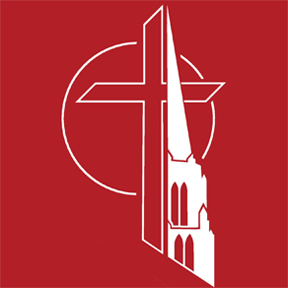Prayer is acknowledging and connecting to God, and it has many forms. Prayer can be expressed through words, music, movement, artwork, or any other means of conveying your relationship with God. One of the ways Jesus taught his disciples to pray is using the Lord's Prayer which is recited in each service at the First United Methodist Church of Chicago:
Our Father who art in heaven,
Hallowed be thy name.
Thy kingdom come, thy will be done
On earth as it is in heaven.
Give us this day our daily bread,
And forgive us our trespasses,
As we forgive those who trespass against us,
And lead us not into temptation,
But deliver us from evil.
For thine is the kingdom,
And the power, and the glory,
For ever and ever.
Amen.
There is an infinite number of ways to pray. What is important is authentically connecting to God.

